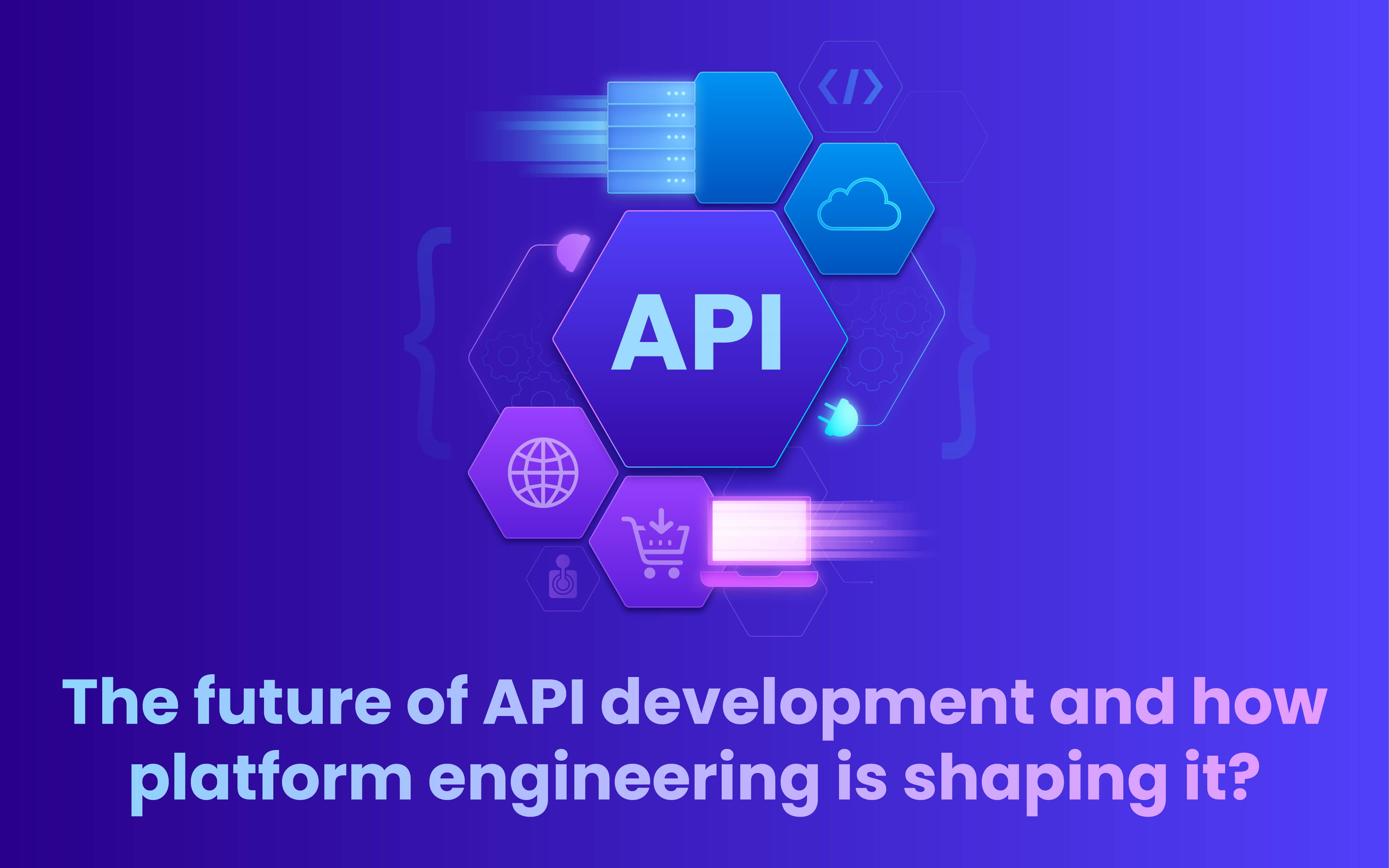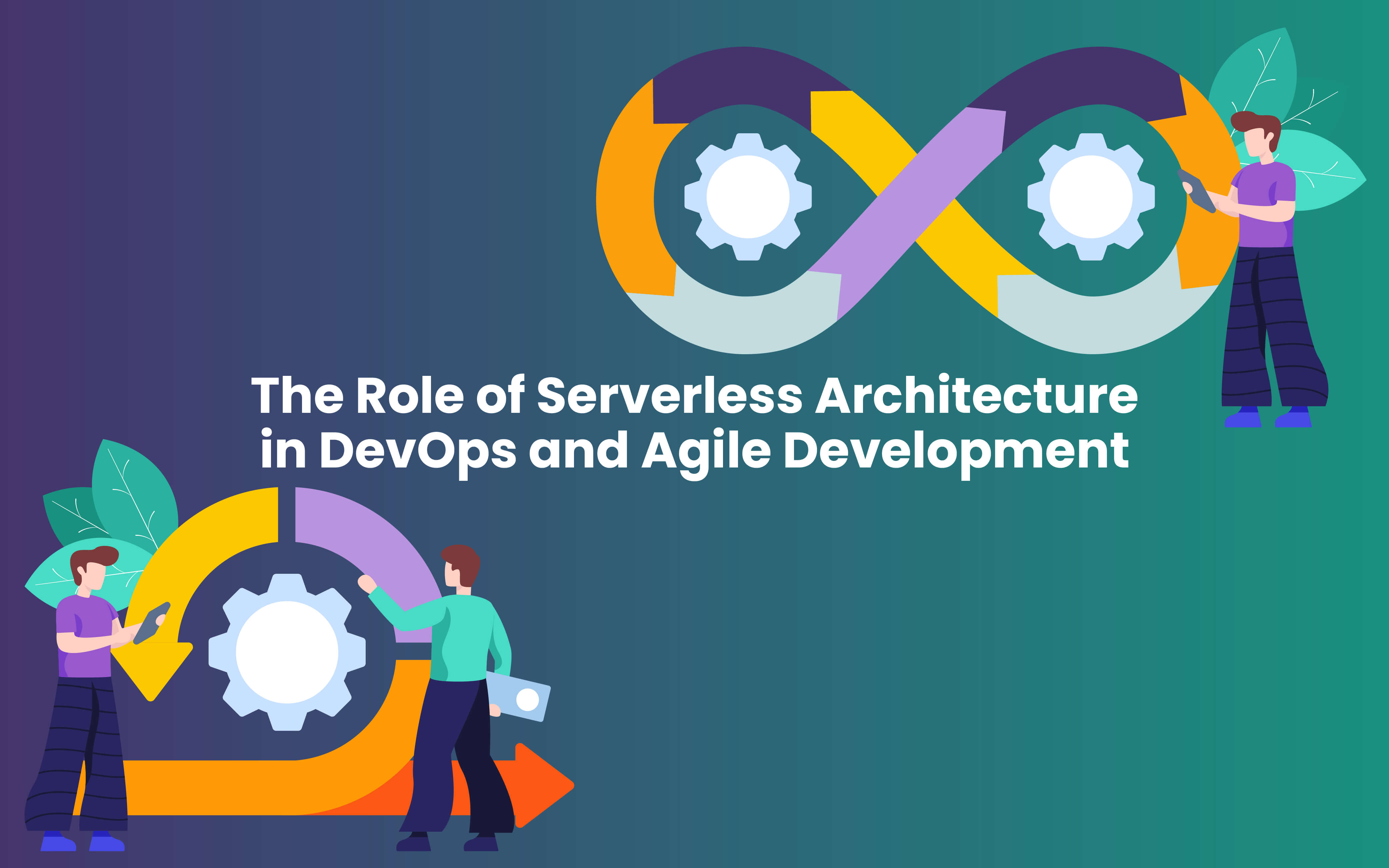Blogs
To know about all things Digitisation and Innovation read our blogs here.
Platform Engineering
The Future of API Development and How Platform Engineering is Shaping it?
SID Global Solutions
26 April 2023

Introduction
Application Programming Interfaces (APIs) have become essential for modern software development, enabling software developers to create and integrate applications with external systems and services. As the world becomes more connected, and data becomes more important, APIs are becoming even more critical for businesses and organizations of all sizes. In this guide, we will explore the future of API development and how platform engineering is shaping it.
Also Read: The API-First Approach: Why it Matters for Modern Software Development
The Current State of API Development
API development has come a long way since its early days. Initially, APIs were designed to provide access to databases and other internal systems. Over time, however, they evolved to include web services, messaging systems, and other forms of data exchange. Today, APIs are used for everything from social media integration to e-commerce transactions.
One of the key drivers of the current state of API development is the rise of microservices architecture. Microservices are small, self-contained units of functionality that work together to create a larger application. Each microservice typically has its own API, which makes it easier to test and deploy new features without affecting the entire application.
Another trend that has emerged in recent years is the use of APIs in the Internet of Things (IoT) space. APIs are being used to connect devices, sensors, and other IoT components, enabling them to share data and work together seamlessly.
The Future of API Development
The future of API development is bright, and it is being shaped by several key trends and technologies. In this section, we will explore some of these trends and their implications for API development.
The Growth of AI and Machine Learning: Artificial Intelligence (AI) and Machine Learning (ML) are transforming the way we use and interact with data. As these technologies become more prevalent, APIs will play a critical role in enabling developers to build intelligent applications that can analyze and respond to data in real-time.
For example, APIs can be used to build predictive models that can identify patterns in data and provide insights to users. APIs can also be used to integrate AI and ML algorithms into existing applications, enabling them to perform tasks such as natural language processing, image recognition, and predictive analytics.
The Rise of Serverless Computing: Serverless computing is a new paradigm that is changing the way we develop and deploy applications. In a serverless architecture, the infrastructure required to run an application is abstracted away, allowing developers to focus on writing code rather than managing servers.
APIs will play a critical role in serverless computing, as they will enable developers to build and integrate applications with external services and systems without having to manage the underlying infrastructure.
Also Read: How Monitoring-as-Code Improves DevOps Collaboration and Communication?
The Emergence of Blockchain Technology: Blockchain technology is transforming industries and disrupting traditional business models. APIs will play a critical role in enabling developers to build blockchain-based applications and integrate them with existing systems.
For example, APIs can be used to build smart contracts that can automate complex business processes and enable real-time transactions. APIs can also be used to integrate blockchain-based applications with existing enterprise systems, enabling businesses to leverage the benefits of blockchain technology without having to completely overhaul their existing infrastructure.
The Importance of Security and Compliance: As data becomes more critical to businesses and organizations, the importance of security and compliance is also increasing. APIs will play a critical role in ensuring the security and compliance of data exchange between applications and systems.
For example, APIs can be used to enforce access controls and authentication mechanisms, ensuring that only authorized users and applications can access sensitive data. APIs can also be used to monitor and audit data exchange between systems, enabling businesses to maintain compliance with regulatory requirements.
The Role of Platform Engineering in Shaping the Future of API Development
Platform engineering is a critical function in API development, as it is responsible for designing, building, and maintaining the infrastructure required to support APIs. Platform engineers must stay up-to-date with the latest technologies and trends in API development, and work closely with developers to ensure that APIs are scalable, secure, and performant.
Here are some key ways that platform engineering is shaping the future of API development:
Building Scalable and Secure Infrastructure: Scalability and security are two critical aspects of API development. Platform engineers are responsible for designing and building infrastructure that can scale to meet the needs of growing applications and ensure that data exchange between systems is secure.
To achieve scalability, platform engineers must design infrastructure that can handle increased traffic and data volume without compromising performance. This may involve using load balancing, caching, and other techniques to distribute traffic across multiple servers and reduce latency.
Also Read: API Economy Trends to Watch in 2023 and Beyond
Security is also a critical aspect of API development. Platform engineers must design infrastructure that can enforce access controls and authentication mechanisms, ensuring that only authorized users and applications can access sensitive data. This may involve using encryption, firewalls, and other security measures to protect against data breaches and cyber attacks.
Enabling Microservices Architecture: Microservices architecture is becoming increasingly popular for building scalable and flexible applications. Platform engineers play a critical role in enabling microservices architecture, as they must design and build infrastructure that can support the deployment and management of multiple microservices.
This may involve using containerization and orchestration tools such as Docker and Kubernetes to deploy and manage microservices in a scalable and efficient manner. Platform engineers must also ensure that the infrastructure can handle the increased traffic and data exchange that comes with deploying multiple microservices.
Integrating with Emerging Technologies: As emerging technologies such as AI, serverless computing, and blockchain become more prevalent, platform engineers must be able to integrate these technologies into their API infrastructure. This may involve building APIs that can integrate with AI and ML algorithms, or building APIs that can interact with blockchain-based applications.
To achieve this, platform engineers must stay up-to-date with the latest technologies and trends in API development, and be able to adapt their infrastructure to support new use cases and scenarios.
Conclusion
The future of API development is bright, and it is being shaped by several key trends and technologies. Platform engineering is playing a critical role in enabling the development and deployment of scalable, secure, and performant APIs.
As businesses and organizations continue to rely on data and connectivity to drive innovation and growth, the importance of API development and platform engineering will only continue to grow. By staying up-to-date with the latest technologies and trends in API development, platform engineers can help businesses and organizations achieve their goals and stay ahead of the curve.









